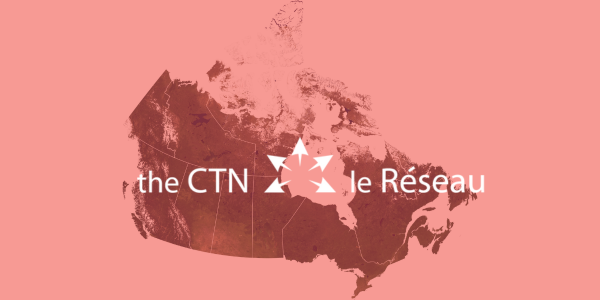
For the last 25 years the CTN has played a central role in driving Canada’s HIV clinical research efforts. In that time HIV research has made significant progress: HIV was once a rapidly fatal infection and is now a chronic, manageable disease.
“The Network has adapted to the change,“ says Dr. Aslam Anis, CTN national director. “In the past we focused on conducting trials of antiretroviral therapeutic regimens, now we have expanded to include clinical and behavioural patient-oriented research in the wider HIV community, especially among key populations.”
The CTN’s four Core Research areas are the ‘engines of research’ for the Network. The Network’s Cores and the Core co-leaders – Clinical Management Science (Drs. Fiona Smaill and Sharon Walmsley), Co-infections and Concurrent Diseases (Drs. Curtis Cooper and Marina Klein), Prevention and Vulnerable Populations (Drs. Mona Loutfy and Catherine Worthington), and Vaccines and Immunotherapies (Drs. Jonathan Angel and Jean-Pierre Routy) – catalyze and drive the CTN’s scientific agenda.
“Each Core has its own priorities, but linkages and cross-cutting themes enable researchers to maximize their collective capacity,” says Dr. Anis.
Recent research projects are expanding beyond HIV into overlapping clinical areas, including hepatitis C, other sexually transmissible and blood-borne infections (STBBIs), chronic and acute co-morbidities, including mental health and neurological conditions, with the goal to improve health outcomes of people living with and affected by HIV.
While improving HIV prevention and treatment is imperative, finding a cure for HIV is also a priority and the CTN is contributing to these efforts through an ongoing collaboration with the Canadian HIV Cure Enterprise (CanCURE).
“The CTN’s unique value to Canada lies in being a Network. When a good idea is brought to the CTN, the Network’s role seeks ways to make it even better and to help it succeed,” says Dr. Anis.
Congratulations to everyone involved in the CTN’s success!






